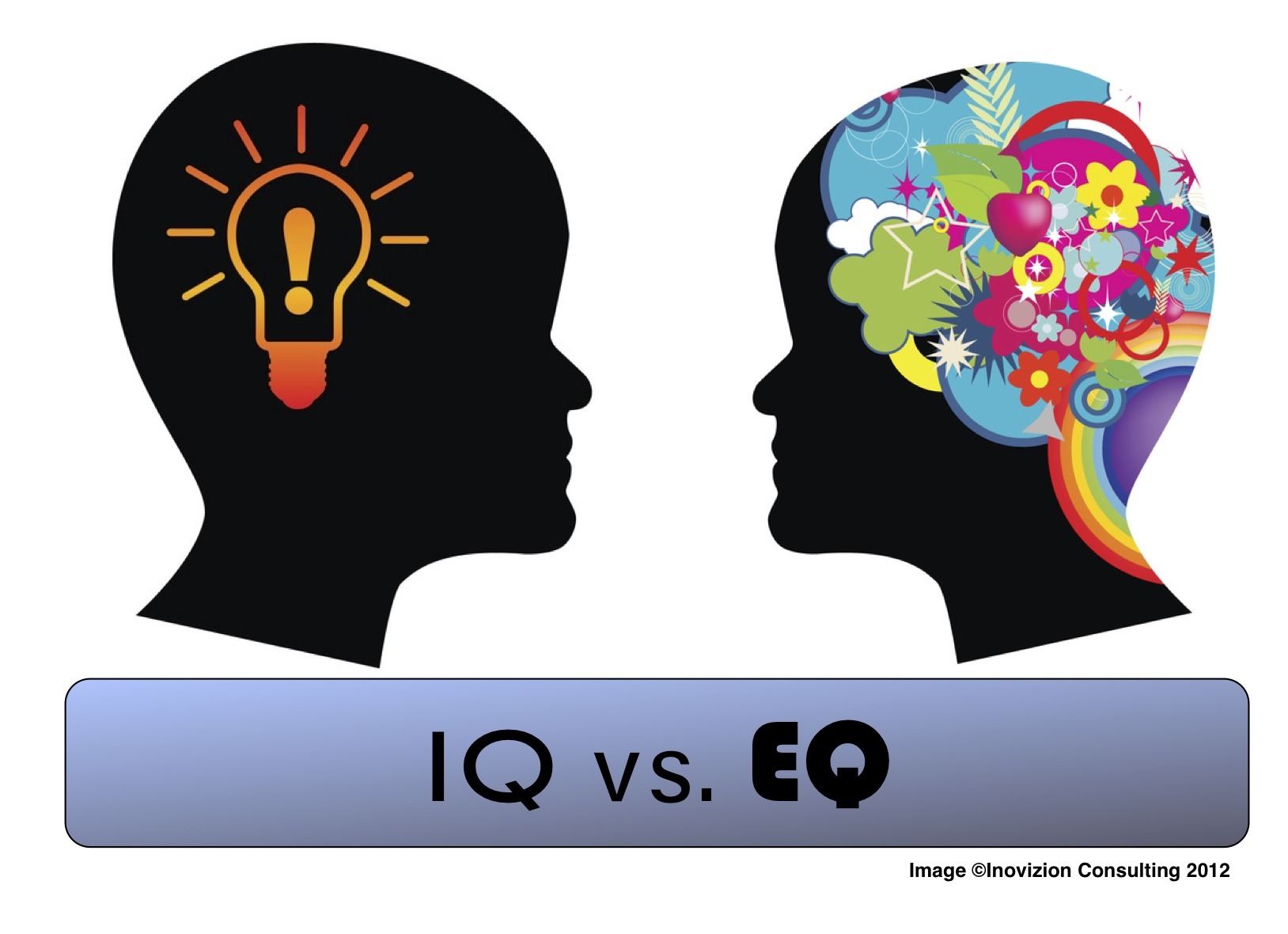Emotional Intelligence for Leaders and Self Leaders

 Emotions
Emotions
don’t belong in the workplace – or do they? Depends on who you ask! If you ask catabolic leaders,they’re likely to agree. But anabolic leaders have a different point of view – they understand that emotions can’t be left at the office door. Our comparison between anabolic and catabolic leaders continues with an exploration of how aware they are of their own and others’ emotions, how they express their emotions, and how they manage or control them in the work environment. Awareness, expression, and management of emotion are the three main aspects of emotional intelligence. In the Energy Leadership Development System™, emotional intelligence, EQ, is defined as the ability to distinguish, understand, and have an awareness of how thoughts and feelings connect with outward displays and behaviors, as well as the ability to manage and express appropriate emotions and help others do the same. Let’s look at each of the components of EQ and see how they are different in catabolic and anabolic leaders.
Awareness
Catabolic – Not only are these leaders unaware of their own emotions, but they are unaware of other people’s emotions as well. They’re also unaware of the effect they have on others. Anabolic – These leaders are not only aware of their and other’s emotions, but they’re able to step back and recognize that their emotions are not automatic (emotions arise from interpretations). They also look for clues in their emotions, asking questions such as “Why did I have this response, and what can I learn from this?”
Expression
Catabolic – Many catabolic leaders have a limiting belief that expressing emotions should not be done in the workplace. They don’t want people to see their emotions, and don’t want to deal with the emotions of others. When they do express emotions, they often express them inappropriately, for example, by yelling or rolling their eyes. Anabolic – Anabolic leaders understand that emotions are a part of each of us, and that they can’t be “turned off” at will. They know how to appropriately express their emotions, at the appropriate time. By sharing, acknowledging, and validating, they create an environment in which their co-workers and staff feel valued and understood.
Management
Catabolic – Catabolic leaders can’t manage their own emotions, and therefore, the people around them don’t look to them in times of crisis for guidance and support. They tend to be frustrated, angry, and resentful, and this is apparent to everyone. Anabolic – Anabolic leaders have the ability to manage their own moods and to help other people shift to more positive moods. They also are able to control their own emotions, even during stressful situations. They respond, instead of react, and their generally calm attitude promotes a positive work environment. Emotional intelligence is directly related to interpersonal effectiveness. The higher your emotional intelligence, the more effective leader and communicator you will be. For a further discussion of how the two are related, you can order Energy Leadership, Transforming your Workplace, by Bruce D. Schneider and access reports and bonuses . I you want to develop yourself and your team on emotional intelligence, we offer as part of the Energy Leadership Development System developed by iPEC an entire section on Emotional Intelligence, and gives useful and easily implemented strategies for increasing EQ.
Thanks to Inovizion for the visual

